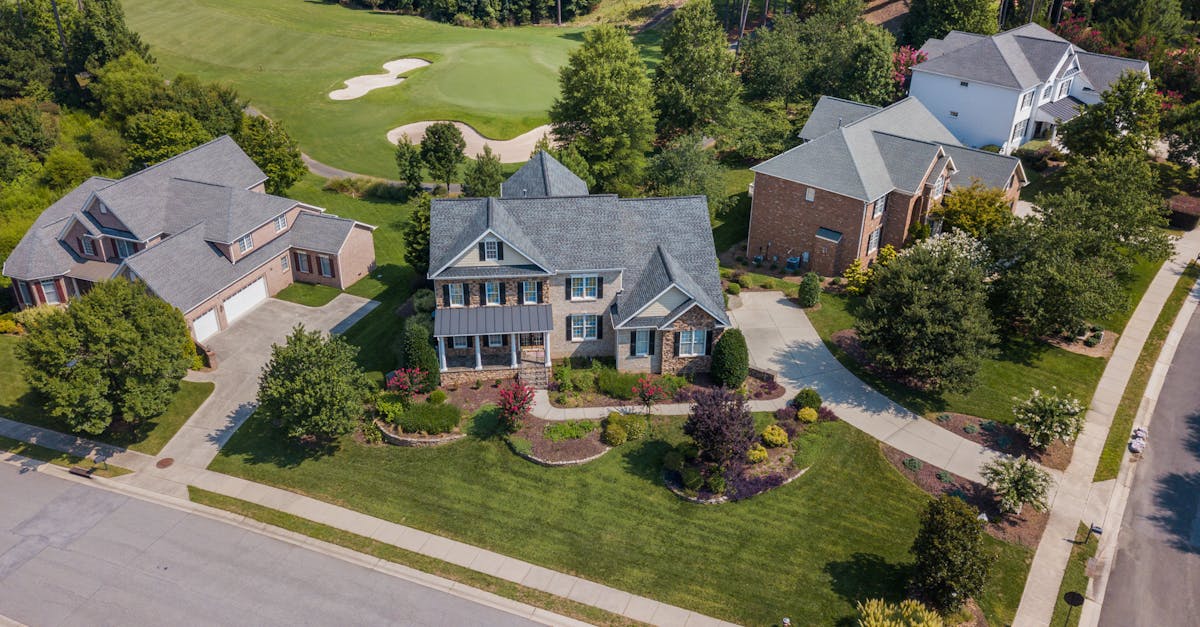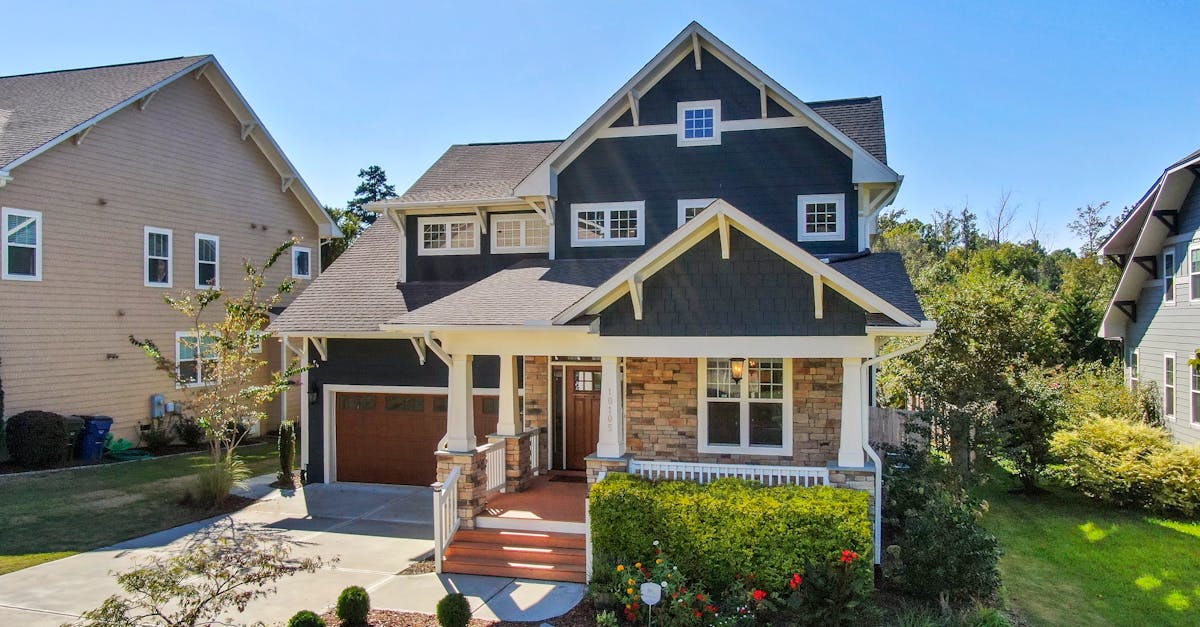
Table Of Contents
Options for Lower Down Payments
For real estate investors seeking to leverage DSCR loans in North Carolina, various options exist for lower down payments. Some lenders offer programs that allow for down payments as low as 15% or even 10%, especially for those with strong credit profiles or a solid track record in property management. These options can make it easier for investors to acquire properties without exhausting their cash reserves, thereby enabling them to diversify their portfolios more effectively.
Additionally, certain financial institutions provide specialized products tailored specifically to the needs of real estate investors. These solutions may include low-down-payment alternatives or flexible terms that accommodate unique financial situations. Exploring these options can be beneficial for investors who want to maximize their capital while still gaining access to valuable investment opportunities through DSCR loans in North Carolina.
Alternative Financing Solutions
Investors seeking alternative financing solutions often explore options beyond traditional loans for acquiring rental properties. One viable route involves seeking DSCR loans in North Carolina. These loans cater to real estate investors who focus primarily on the cash flow generated by rental properties, rather than their personal income or credit scores. This unique approach opens the door to financing opportunities that might have otherwise been inaccessible, allowing investors to leverage potential property earnings effectively.
Another avenue for financing can include partnerships or syndications, where multiple investors pool resources to acquire properties. Combining financial strengths can reduce the burden of high down payments associated with conventional financing. In the context of DSCR loans in North Carolina, this collaborative strategy can make it easier to meet down payment requirements while also diversifying risk. Ultimately, these alternatives can empower investors to take advantage of the growing rental market without overwhelming financial strain.
How to Calculate Your Down Payment
Calculating your down payment for a DSCR loan involves careful assessment of the property's value and the specific loan terms. Generally, lenders look for a percentage of the purchase price or appraised value of the property when determining the necessary down payment. For those considering DSCR loans in North Carolina, understanding the local real estate market can play a crucial role in setting realistic expectations around the down payment amount.
Property value plays a central role in this calculation. Lenders will often assess the current market conditions and comparable property sales in the area. Along with the property value, other factors such as your credit score, the overall loan amount, and your specific financial profile will influence what you need to put down. Ultimately, these components work together to determine the financial commitment required when securing a DSCR loan.
Using Property Value and Loan Terms
When considering the down payment for DSCR loans in North Carolina, property value plays a significant role. Lenders typically assess the estimated value of the property to determine the required down payment amount. Higher property values may necessitate a larger initial commitment from the borrower, while lower property evaluations might allow for a minimal down payment. Borrowers need to keep in mind how the property’s appraisal can affect their financing options.
Loan terms can also influence the down payment requirements for DSCR loans. Generally, shorter loan terms may require a higher down payment compared to longer-term options. This is because lenders often see shorter terms as a greater risk, prompting them to seek more equity upfront. Understanding the interplay between your property’s value and the loan terms can help you better prepare financially when applying for a DSCR loan.
Common Misconceptions About DSCR Loans
Many people misunderstand the nature of DSCR loans. A prevalent misconception is that these loans are exclusively available to high-income investors or only for large-scale real estate projects. In reality, DSCR loans are designed for various investors, including those seeking single-family homes or smaller multifamily units. Financial metrics like cash flow play a significant role in eligibility, making these loans accessible to a broader audience.
Another common belief is that a large down payment is mandatory when securing DSCR loans. In North Carolina, this is not necessarily true. Many lenders offer flexible down payment options that can align with the borrower’s financial situation. Understanding the specific terms provided by different lenders can lead to more favorable financing terms and less upfront financial pressure for those new to real estate investment.
Clarifying Myths Surrounding Down Payments
Many people have misconceptions about down payments required for DSCR loans. Some believe that these loans necessitate a hefty upfront amount, but this isn't always the case. For instance, DSCR loans can sometimes offer more favorable terms than traditional financing, allowing for lower down payment options. This flexibility can be beneficial for real estate investors looking to maximize their cash flow and leverage their investments more effectively.
Specifically in regions like North Carolina, potential borrowers may find that certain lenders are willing to work with various down payment structures. Understanding the terms specific to DSCR loans in North Carolina can help demystify the process and make it more accessible. By exploring different financing solutions and their associated down payment requirements, investors can better navigate their options and make informed decisions tailored to their investment strategy.
FAQS
What is a DSCR loan?
A Debt Service Coverage Ratio (DSCR) loan is a type of financing primarily for real estate investors, where the loan amount is evaluated based on the income generated by the property rather than the borrower's personal income.
How much down payment is typically required for a DSCR loan?
The down payment for a DSCR loan can vary widely, but it typically ranges from 15% to 25% of the property's purchase price, depending on lender requirements and the borrower's financial profile.
Are there options for a lower down payment on a DSCR loan?
Yes, some lenders may offer options for lower down payments, especially if the property has a strong rental history or if alternative financing solutions are utilized.
How do I calculate my down payment for a DSCR loan?
To calculate your down payment, multiply the purchase price of the property by the required down payment percentage set by the lender. For example, if the property is $300,000 and the required down payment is 20%, the down payment would be $60,000.
What are common misconceptions about down payments on DSCR loans?
One common misconception is that a large down payment is always required. In reality, many lenders offer flexibility based on the property's income potential and other factors. Additionally, some believe that personal income is the sole determinant for loan approval, when in fact, property income is often more heavily weighted.



